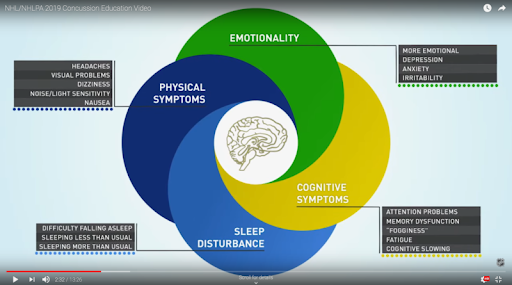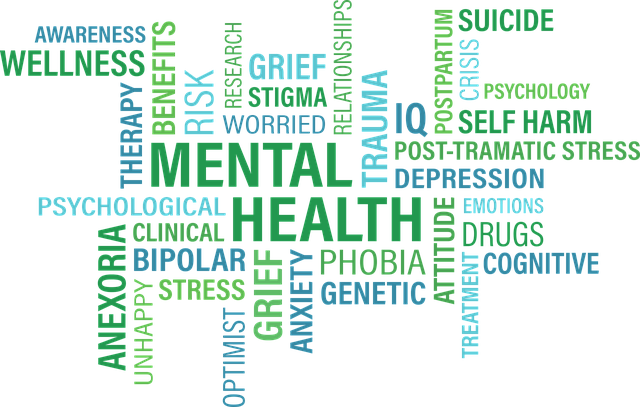Overview and program rationale at Honsberger Physio+
Cognitive testing checks for problems with cognition. Cognition is a combination of processes in the brain that is involved in almost every aspect of life. It includes thinking, memory, language, judgment, and the ability to learn new things. A problem with cognition is called cognitive impairment.
There are many causes of cognitive impairment. They include side effects of medicines, blood vessel disorders, depression, and dementia. Dementia is a term used for a severe loss of mental functioning. Alzheimer’s disease is the most common type of dementia.
- 10% of people over the age of 65 live with mild cognitive impairment.
- 65% of these people go on to develop some form of dementia.
We take our vehicles in for regular check ups, our furnaces gets annual maintenance work, and people go for regular physicals with their family MD (less often for men), yet less than 20% of those over 65 get a regular cognitive assessment.
Honsberger Physio+ is excited to be offering a comprehensive cognitive assessment which will launch in the next few months. Our expertise and reputation in concussion management as well as sports vision training opens the door to another form of neurocognitive health. Using a validated cognitive assessment tool and Honsberger Physio+ own concussion assessment protocol as leading components, the goal is to provide a one of a kind cognitive evaluation experience without rivals.
Cognitive testing is often used to screen for mild cognitive impairment (MCI). People with MCI may notice changes in their memory and other mental functions. The changes aren’t severe enough to have a major effect on daily life or usual activities. But MCI can be a risk factor for more serious impairment.
A person may need cognitive testing if they show signs of cognitive impairment. These include:
- Forgetting appointments and important events
- Losing things often
- Having trouble coming up with words that you usually know
- Losing your train of thought in conversations, movies, or books
- Increased irritability and/or anxiety
Many people who are developing dementia or already have it do not receive a diagnosis. A study showed that physicians were unaware of cognitive impairment in more than 40 percent of their cognitively impaired patients. The problem of underdiagnosis is even more pronounced in underserved populations and in those with lower educational attainment. Another study found that more than half of patients with dementia had not received a clinical cognitive evaluation by a physician. The failure to evaluate memory or cognitive complaints is likely to hinder treatment of underlying disease and comorbid conditions, and may present safety issues for the patient and others. In many cases, the cognitive problem will worsen over time.
Benefits of early detection:
- Ensuring individuals receive the most benefit at the earliest point possible from treatment options
- More time to plan for the future
- Lessened anxieties about unknown problems
- Increased chances of participating in clinical drug trials, helping advance research
- An opportunity to participate in decisions about care, transportation, living options, financial and legal matters
- Time to develop a relationship with doctors and care partners
- Benefit from care and support services, making it easier for them and their family to manage the disease
Program Goals
Goals of the Program for our Clients
- Provide a detailed cognitive evaluation of the aging healthy brain
- Annual/ semi-annual re-evaluations to monitor changes in cognitive status
- Identify lifestyle goals that may out an individual at risk for cognitive decline
- Create an intervention plan to assist in maintenance a healthy brain
- Referral back to the family doctor for a more detailed evaluation for those at risk
In general, one should consider having an annual cognitive evaluation :
1.Age
Baseline creation in the early 30s is ideal to see the brain at its best capacity
Age 50 is when many cognitive issues may be self-identified
2.Lifestyle factors
Smoking history, sedentary lifestyle, or cardiovascular risk factors ( high blood pressure, high cholesterol, diabetes)
3.Family history of dementia or Alzheimer’s
4.Gender
· In women, menopause and the decreased estrogen may accelerate the cognitive decline.
5. Concerns regarding brain function such as memory, decision making, following instructions or concentration.
Efan Gonsalves PT
efan@honsbergerphysio.com


